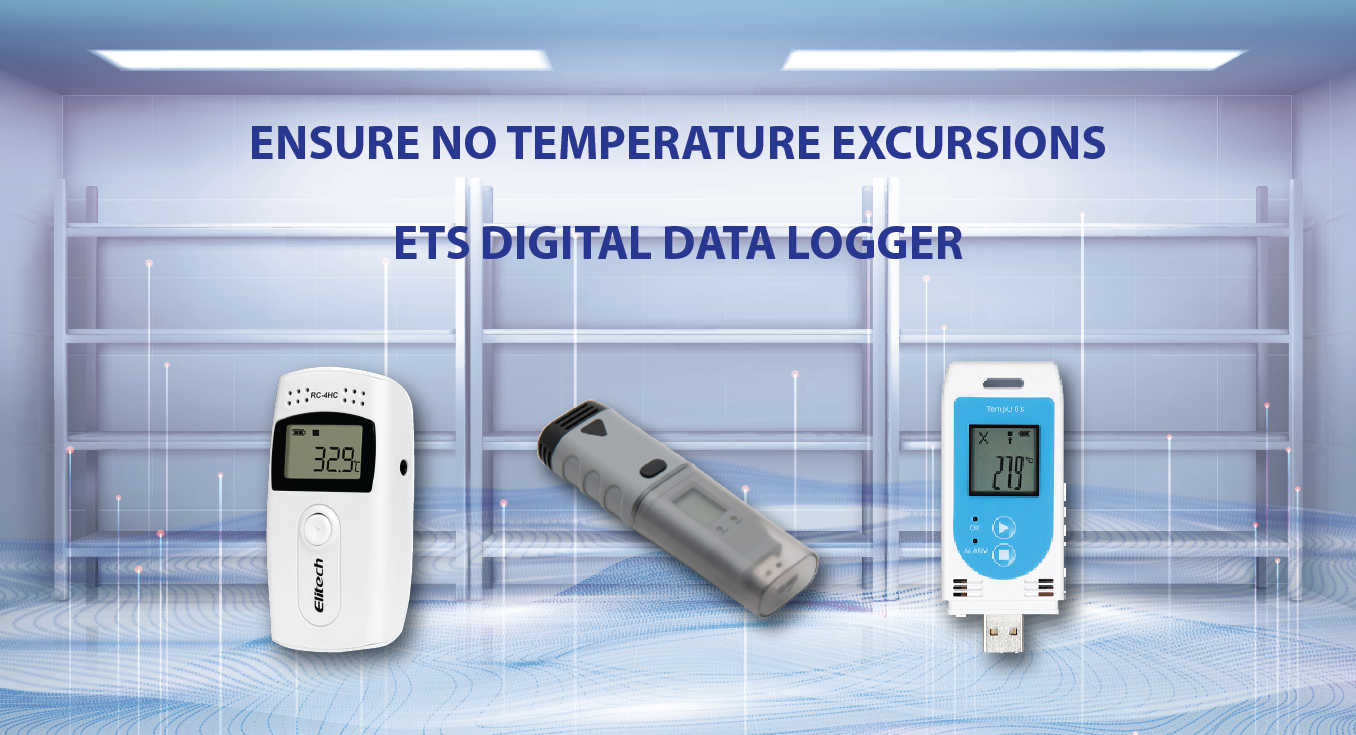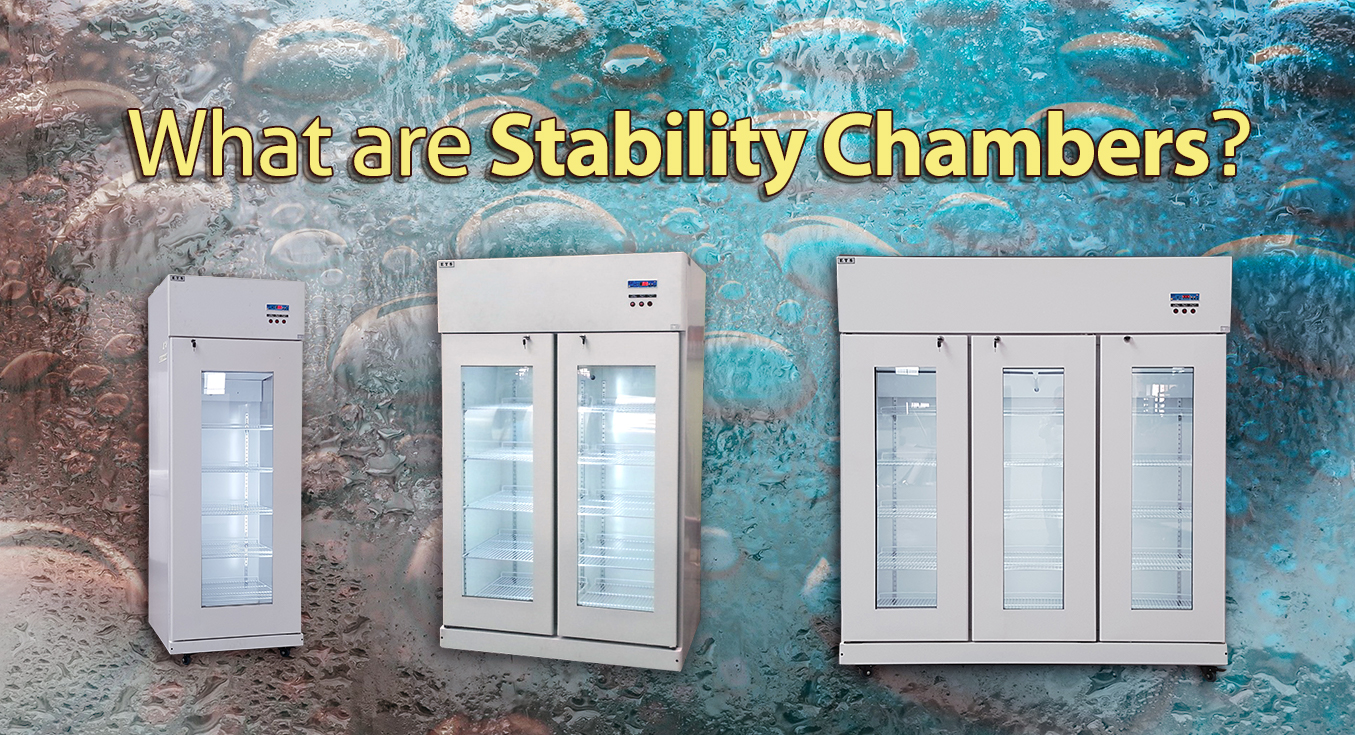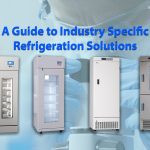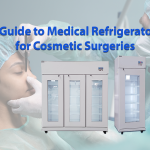The pharmaceutical industry is filled to the brim with requirements which must be absolutely fulfilled without exception. How medicines, and especially vaccines are stored, influences their efficiency and quality directly and may impact upon the customers and patients to whom they are administered.
There is not one uniform storage requirement for all existing drugs and medicines today. In reality, many drugs and medicines must be kept strictly within a precise temperature range and under particular conditions in order to remain safe for use. For example, overheated products promote the growth of pathogens, while freezing reduces the efficacy of medications containing proteins.
If medications like vaccines deteriorate due to temperature fluctuations, this reduces their efficacy, and endangers the public with exposure to life-threatening infectious diseases. Thus, when temperature monitoring errors occur, these result in expensive revaccinations of patients and significant financial loss due to vaccine instability and subsequent wastage.
Due to the significant costs involved when temperature excursions occur, federal regulatory agencies now require traceability via recorded temperature history as a mandatory component of GDP compliance.
Existing temperature monitoring practices may however still rely on outdated methods such as manual data entry, paper reporting, intermittent readings and inefficient sharing methods. These result in inconsistencies, data gaps, and delays that affect the temperature surveillance process.
What Are Data Loggers?
Checking the accurate functioning of all facilities and equipment in a pharmaceutical environment or laboratory may be difficult but not impossible. With the help of devices like data loggers, medical refrigerators, freezers and other storage units can be checked for optimal conditions or changed as needed.
A Digital Data Logger (DDL) is an instrument that monitors and records changes in environmental conditions over time.
Data loggers contain a sensor to receive information, and a computer chip for storing that information. This information can then be later transferred to a computer for analysis.
A data logger can be single, stand-alone units or consist of multiple channels. A majority of stand-alone units are battery-powered which allows them to be used for recording in transit or for extended periods of time.
Why Are Data Loggers Needed?
Data logging can be done manually by constant human observation. An example of this is the posting a log sheet on each refrigerator and freezer and manually recording the temperature at a set time each day. However, digital data loggers are far more effective, accurate and reliable than taking periodic manual readings.
Digital data loggers keep a record of all temperature data, making it easier for operators to download the data as needed for compliance purposes or look into trends that may indicate a refrigerator or freezer malfunction.
For example, the data log might reveal power fluctuations at regular intervals, or long periods where temperatures rise, which indicates a situation that should be investigated such as a freezer door being left open too long. Typically, quantifiable benefits can be seen from using data loggers for a short time as it only requires one to two logging runs to pinpoint areas that need further attention.
In a pharmaceutical company, the temperature and humidity of storage areas need to be validated in order to be compliant to standards and regulations. Monitoring the conditions of storage areas is also important for pharmaceutical distribution because it ensures the safety and effectiveness of drugs.
Data loggers installed for a few days can help in generating a ‘temperature map’ of the storeroom to help with sensor installation and map areas with potentially fluctuating temperatures. From the resulting data, the dynamics of temperature regime changes, the most critical areas, and the overall temperature stability can be analysed.
For medical refrigerators and freezers, data loggers can help to ensure that temperatures are maintained at optimal conditions for the items that are stored within such as vaccines, blood products, organs, biological samples and more.
Even for logistics and the pharmaceutical cold chain, data loggers may be installed in the vehicles transporting the pharmaceutical products or in portable medical refrigerators and freezers, in order to provide full control and maintenance over the product’s temperature or other necessary conditions and fulfill regulation compliance.
In conclusion, no matter the data logger you choose, it will help in avoiding errors especially when readings are taken manually. The operator may take an almost accurate reading from the thermometer but any small inaccuracy could affect medical preparations sensitive to temperature changes.
LOOKING FOR A DIGITAL DATA LOGGER?
ETS offers a range of Digital Data Loggers to suit various requirements. Check out our Digital Data Loggers for more information.
Drop us a line if you have questions.






